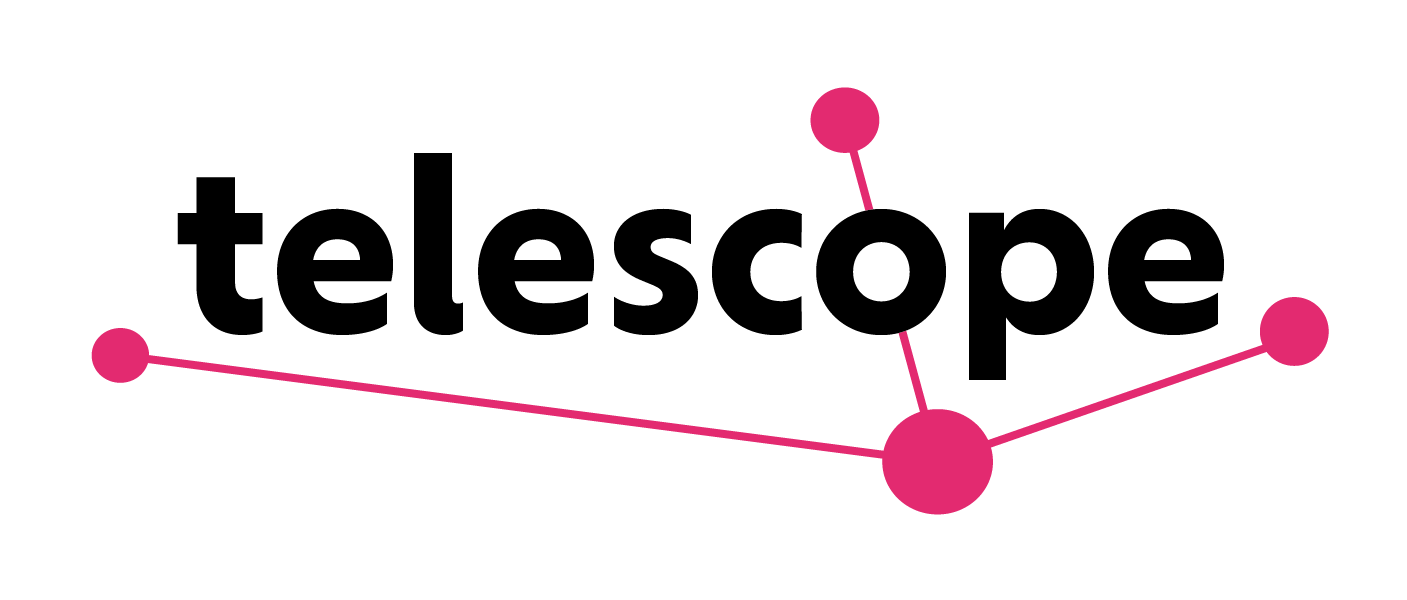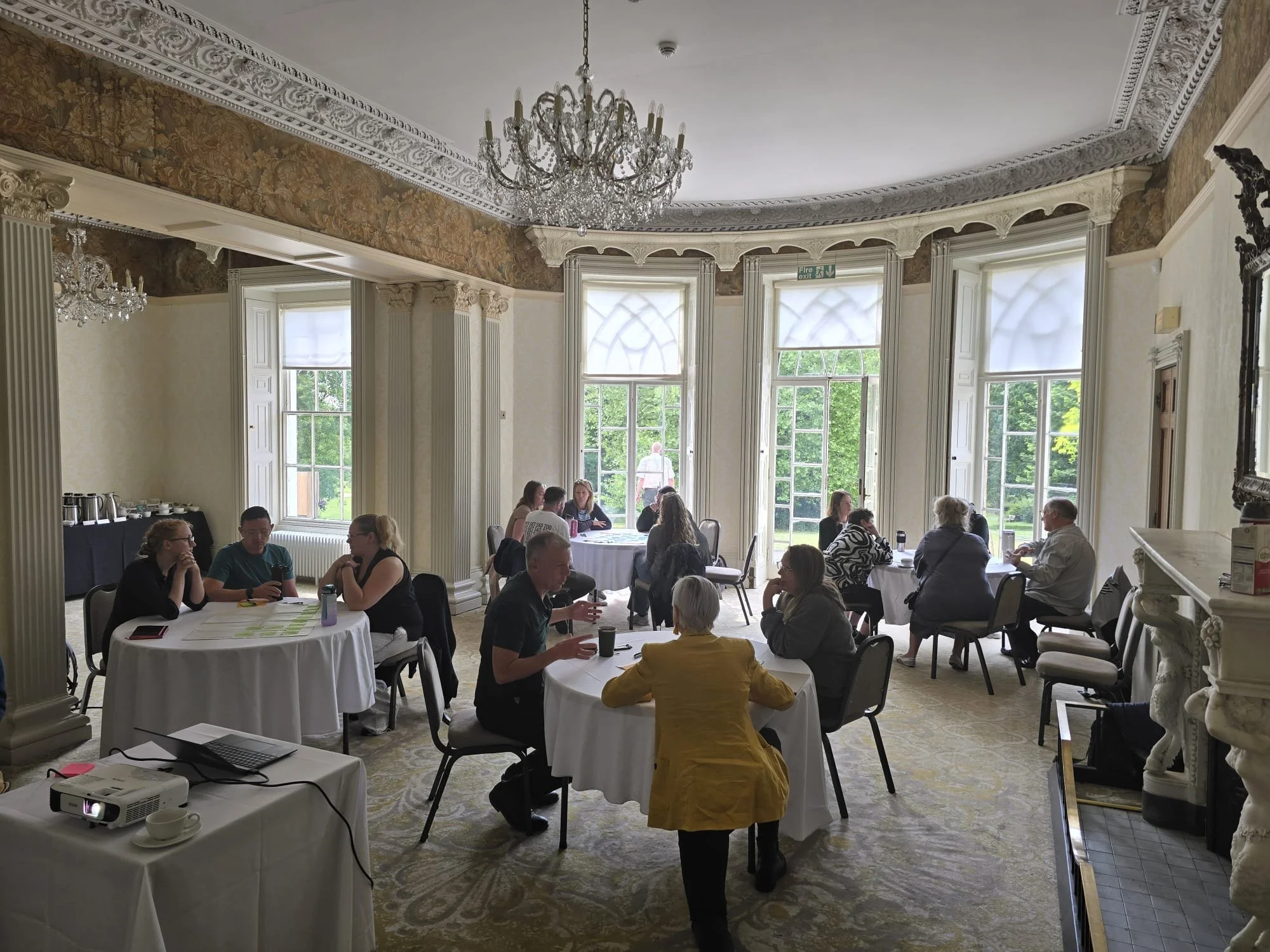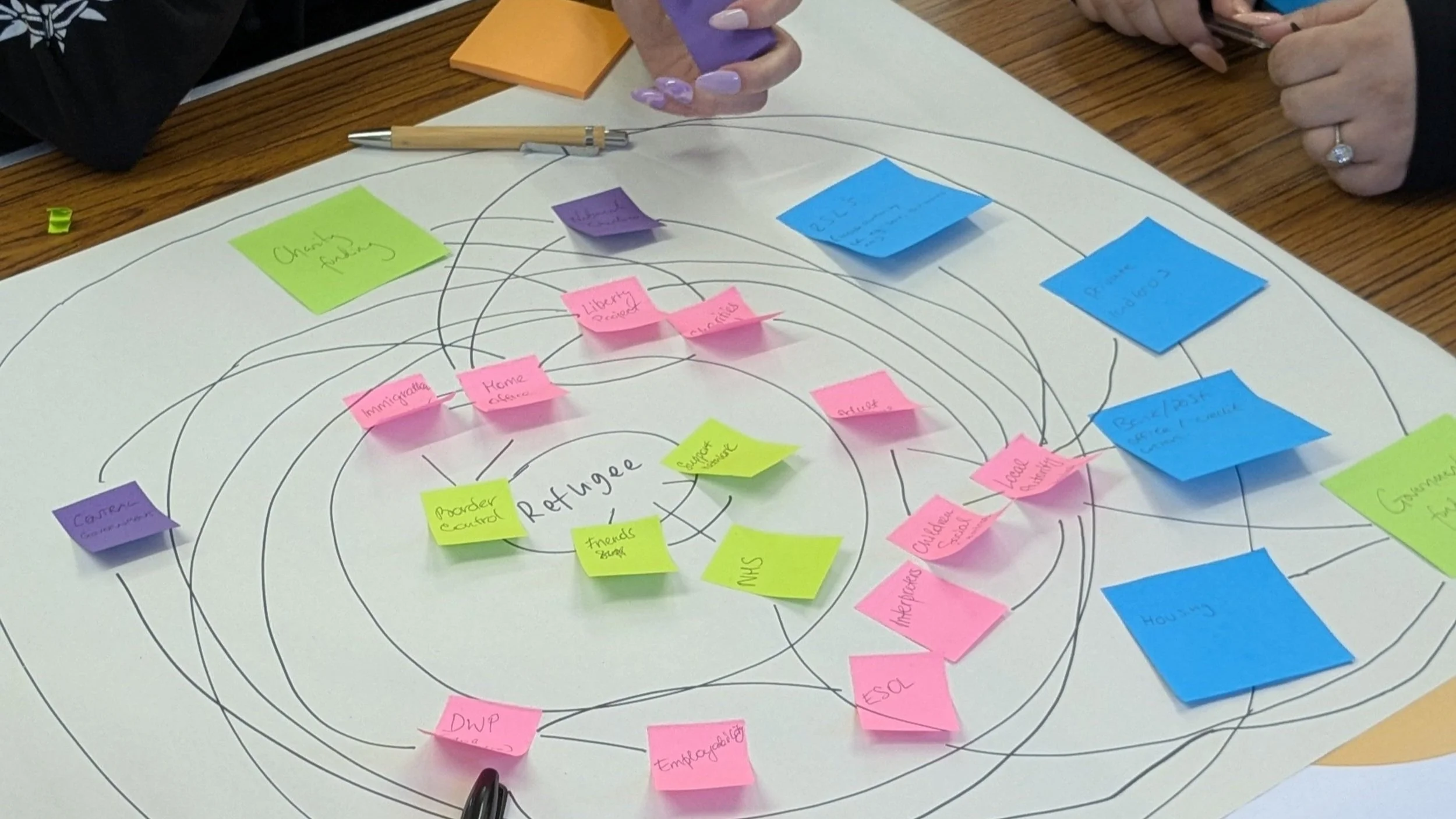Case Study: platforming frontline voices in homelessness in Bournemouth
Digging deep into “what works” and “what could be better” in this coastal homelessness + housing service
“There is so much more we could be doing prevention wise… For me, I will be more confident to put my ideas forward, however big or small, and will try not to be deterred from any push back.”
The problem
Bournemouth, Christchurch + Poole Council has a strong and skilled group of staff working on the various homelessness and rough sleeping challenges facing the area. Within this team of ~180 staff, working under two strategic plans, there are a range of frontline practitioners covering areas including assessments + triaging, homelessness prevention, homeless relief, rough sleeping, housing allocation, and criminal justice-related cases. There are some awesome examples of impact from the Homelessness and Rough Sleeping Strategy that the Council has been actioning. At the same time, Bournemouth’s homelessness number in autumn 2022 (64 in the area) is the third highest in the UK, behind only Camden and Westminster, and more than double the previous year - so challenges do remain.
In advance of a new BCP strategy next year, as well as the anticipated release of the Labour government’s new homelessness plan expected in June 2025, the BCP senior management team wanted to support frontline practitioners in the team who are currently addressing the Council’s homeless duty - building a stronger culture of communication, collaboration, and prevention. With ongoing workstreams around prevention in the Council, and an incredibly committed team of practitioners, this felt like an important and appropriate time to bring the whole together and ensure that practitioners are being supported well enough to share their ideas, provide feedback, and make change in their work and outcomes.
Our solution
We ran a series of three workshops with 20 frontline practitioners from across housing options, hostels, support + inclusion, and apprenticeships, in the style of a “learning journey” based on our three core pillars: empathy, insights, and action.
As with all our work at Telescope, this programme was based on empathy, and helping the teams connect as humans, using active listening and values mapping exercises. We then moved onto practical and creative problem-solving through in-depth journey mapping and feasibility assessments, identifying the “low-hanging fruit” as well as higher-impact ideas. Finally, we rounded off the programme with some intensive action planning and reflection, curating a space where participants could design their own mini-prototype as well as reflect more broadly on their own experience and learnings on the programme.
Outcomes
We saw a really wonderful range of positive outcomes in this project, particularly for individuals who might not have engaged with this kind of collaborative learning programme before. At the end of the programme, we asked participants how strongly they agreed with a series of statements. These were their answers:
“I have good opportunities to build meaningful relationships with people working in different roles in my sector” - average 3.7/5
“I feel I have a good understanding of the challenges and experience of people in other roles in my sector” - average 3.7/5
“I have access to useful and varied types of information that can help me make decisions in my day-to-day work” - average 3.8/5
“I feel confident in being able to communicate with other members of the wider housing + homelessness team, including people I don't know, in order to do my job well” - average 4/5
“I feel I have a good network that can help me make meaningful change in my sector” - average 3.9/5
“I feel I have a good set of skills that will help me make meaningful change in my sector” - average 4/5
“I feel empowered and confident to make changes in my job, team or sector which will improve outcomes for customers” - average 3.8/5
More than 80% of participants said that during the programme they “gained a sense of of confidence in their ability to do their job better (e.g. general sense of empowerment, understanding more about prevention, confidence to do things differently)” - with one participant highlighting how it really helped them understand the importance of prevention:
“The front loading part has stayed with me the most since. This has changed the way I thought about particular tasks and trying to solve the root of the problem first.”


